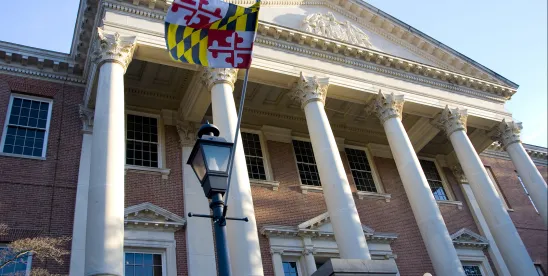The Maryland Secondary Market Stability Act of 2025 (the “Act”) was enacted and became effective as of April 22, 2025. The Act codifies a licensure exemption reversing guidance from the Maryland Office of Financial Regulation (“OFR”), which would have extended mortgage lender and installment lender licensure requirements to persons (including passive trusts) that acquire or are assigned residential mortgage loans or installment loans secured by properties in Maryland. For more background on this topic, see our previous alerts: Even Passive Trusts?!? Maryland Extends Mortgage Lender Licensure Requirements to Holders of Residential Mortgage Loans and Maryland Extends Lender Licensure Enforcement Deadline Amid Industry Pushback.
The Act provides that mortgage lender and installment lender licensure requirements do not apply to a person that acquires or is assigned a mortgage loan or installment loan, so long as that person does not:
- otherwise make mortgage loans or installment loans,
- act as a mortgage broker,
- act as a mortgage servicer, or
- directly service or collect on any installment loan.
See, e.g., Md. Code Ann., Fin. Inst. § 11-102(B) (effective Apr. 22, 2025). We note that the language of § 11-102 is only present in the Senate version of the companion legislation, however, both the Senate and House bills were enacted.
The Act also clarifies that the licensure requirements do not apply to a “passive trust.” “Passive trust” means a trust, established under the laws of Maryland or any other state, that: (1) acquires or is assigned mortgage loans in whole or in part, (2) does not make mortgage loans, (3) is not a mortgage broker or a mortgage servicer, and (4) is not engaged in servicing mortgage loans. See Md. Code Ann., Fin. Inst. §§ 11-501(P); 11-502(b)(13) (effective Apr. 22, 2025).
The Act provides a welcomed exemption and regulatory certainty in response to the upheaval following the Estate of Brown decision and subsequent OFR guidance. Secondary market participants should carefully evaluate whether their activities fall within the new exemption and stay informed of further developments in Maryland.




 />i
/>i
